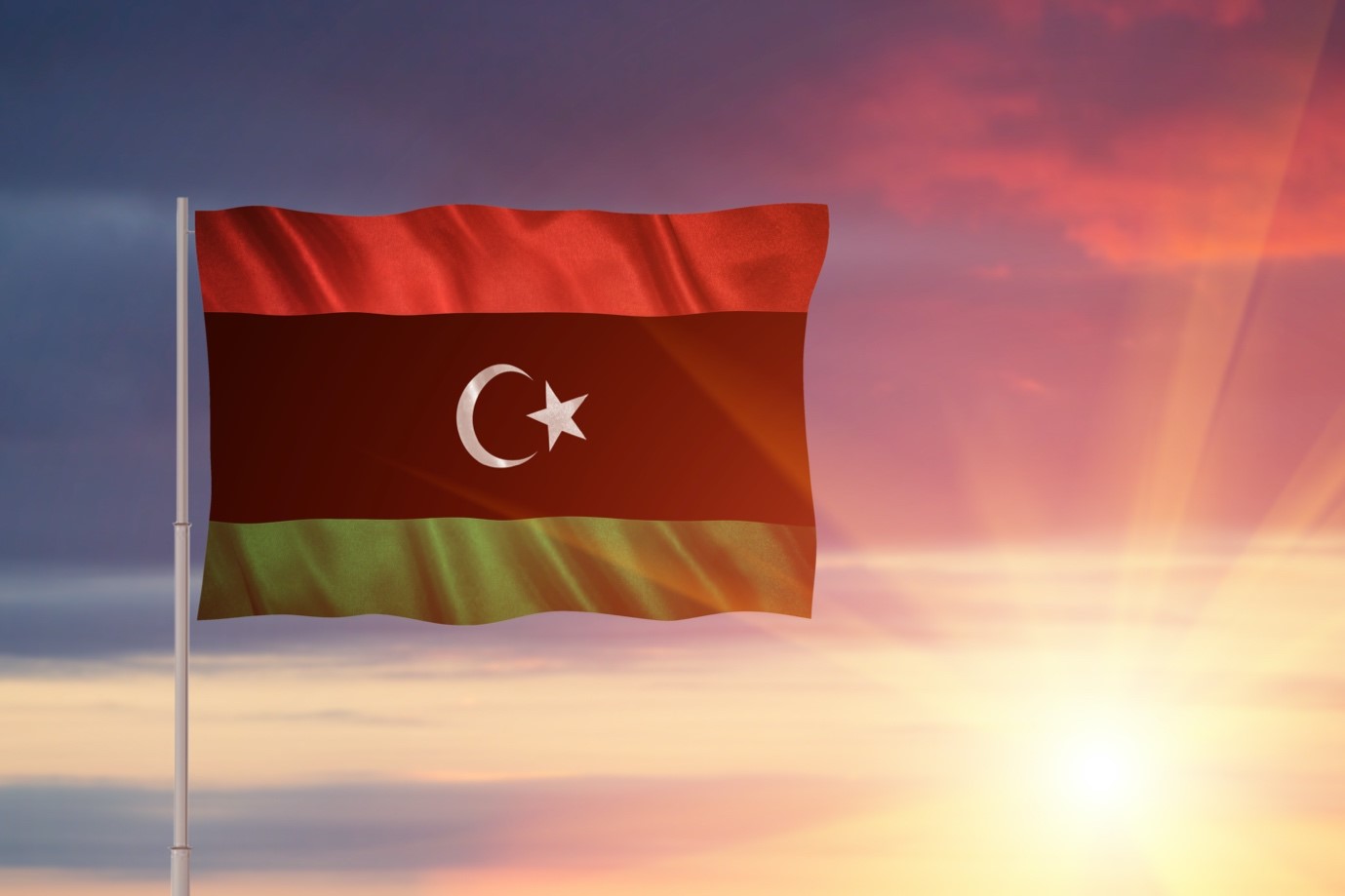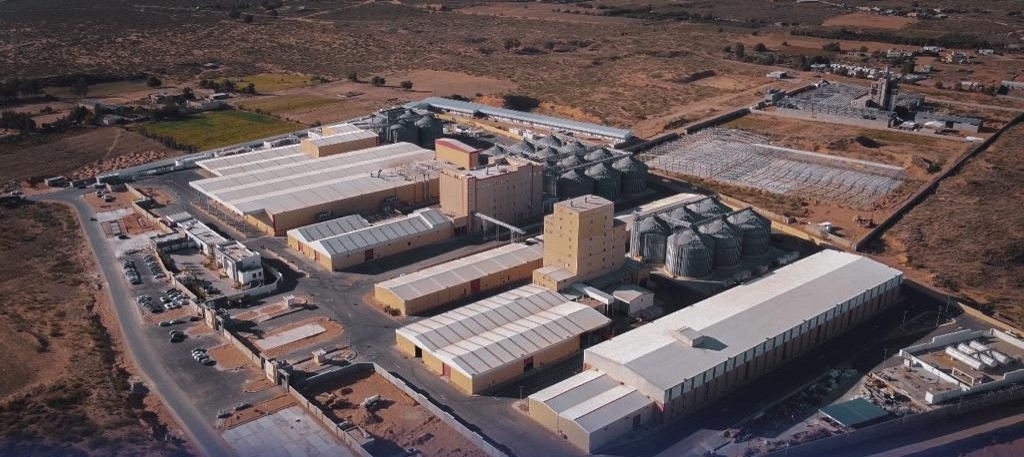Trade in Libya is a crucial component of the country’s economy, with the country heavily reliant on imports for vital goods such as food, machinery, and consumer products. Given its advantageous positioning, abundant natural resources, and a young population, Libya is an attractive destination for foreign businesses and investors looking to invest into the North African market.
In this article, we will offer an overview of Libya’s economy, delve into the country’s principal trading partners, and explore the opportunities available to businesses seeking to establish a presence in Libya.
Overview of Libya’s Economy
Libya’s economy is heavily dependent on the oil and gas sector, which accounts for approximately 60% of the country’s GDP and 73% of its exports. Libya has the largest proven oil reserves in Africa and is a member of the Organization of the Petroleum Exporting Countries (OPEC).
Apart from the oil and gas sector, the country’s economy also relies on the agriculture and construction sectors, which provides job opportunities and employment for the majority of the workforce.
Despite the political challenges, the Libyan government and the private sector have put in the effort and investment to improve the country’s economic situation. This can be noticed through the thriving of industrial complexes, introducing economic reforms and attempting to attract foreign investment.
To mitigate the impact of fluctuating oil prices and improve the country’s economic prospects, the Libyan government has been working towards diversifying its export portfolio beyond oil and gas. This includes developing new industries and strengthening trade relationships with other countries.
Major trading partners
Italy, Spain and China are among Libya’s major trading partners, with significant volumes of trade in sectors such as machinery, food, and textiles. Libya also has trade relationships with other African countries, such as South Africa and Egypt.
The Libyan government has actively sought to expand its trade relationships beyond its current partners. These efforts have been supported by the country’s strategic location, which allows for easy access to major shipping routes and transport links.
AlSahl Group Holding Offering Investment Opportunities & Trade Partnerships
AlSahl Group Holding is actively contributing to trade in Libya by investing in various sectors and partnering with international companies to bring new technologies and expertise to the country.
By investing in businesses that generate jobs and contribute to economic growth, AlSahl is supporting trade in Libya and helping to diversify the country’s economy beyond its traditional dependence on oil and gas.
With a focus on sustainability and innovation, AlSahl is helping to develop new industries such as agribusiness, consumer goods and build partnerships with other countries to expand trade opportunities for Libya.
Partnering with International Companies
AlSahl Group Holding established solid partnerships with international brands and companies and acts the the exclusive agents of :
- Coca-Cola in Libya
- Seara frozen chicken belonging to JBS international group
The group is also the official distributor of Haval in Libya and one of the largest distributors in the field of medicines.
Growth Opportunities for Trade in Libya
Libya’s wealth of natural resources, which include oil and gas, coupled with its young and expanding population, make it a promising destination for foreign businesses and investors seeking to penetrate the North African market.
By fostering new industries and cultivating stronger trade ties with other nations, Libya is positioning itself as a favorable business environment. Furthermore, the country’s advantageous location and rising domestic demand create opportunities for companies eager to establish a presence in the area.
Private companies such as AlSahl regularly organize and participate in international trade fairs which also offer opportunities for growth in trade.
Conclusion
In conclusion, Libya’s potential for economic growth remains undeniable. The government and private sector have made commendable efforts to diversify the country’s economy beyond its reliance on the oil and gas sector.
The government has also attempted to forge new trade relationships and strengthen existing ones with other countries. AlSahl Group Holding’s investment in various sectors and partnerships with international companies have further contributed to Libya’s economic growth and diversification.
As Libya continues to improve its business environment and expand its trade ties, the potential for growth in the Libyan trade sector is significant, making it a promising destination for those seeking to invest in the region.




